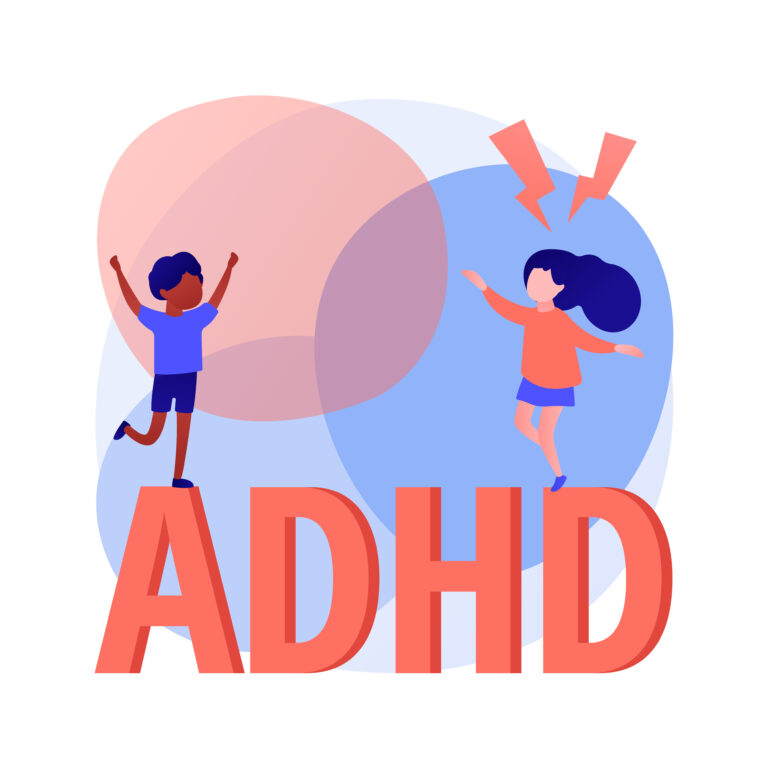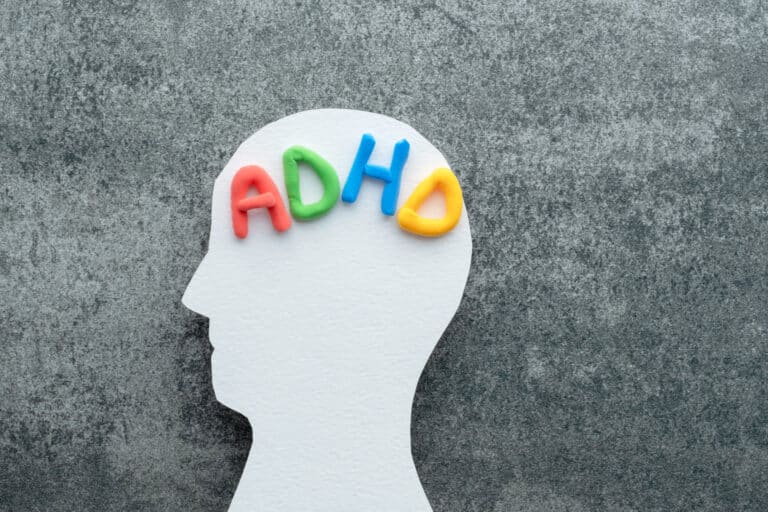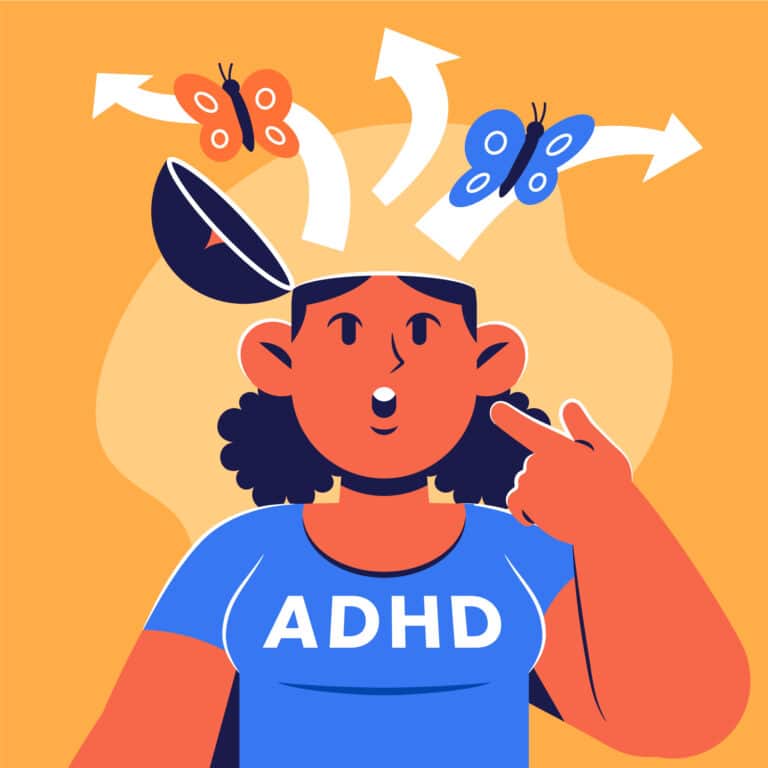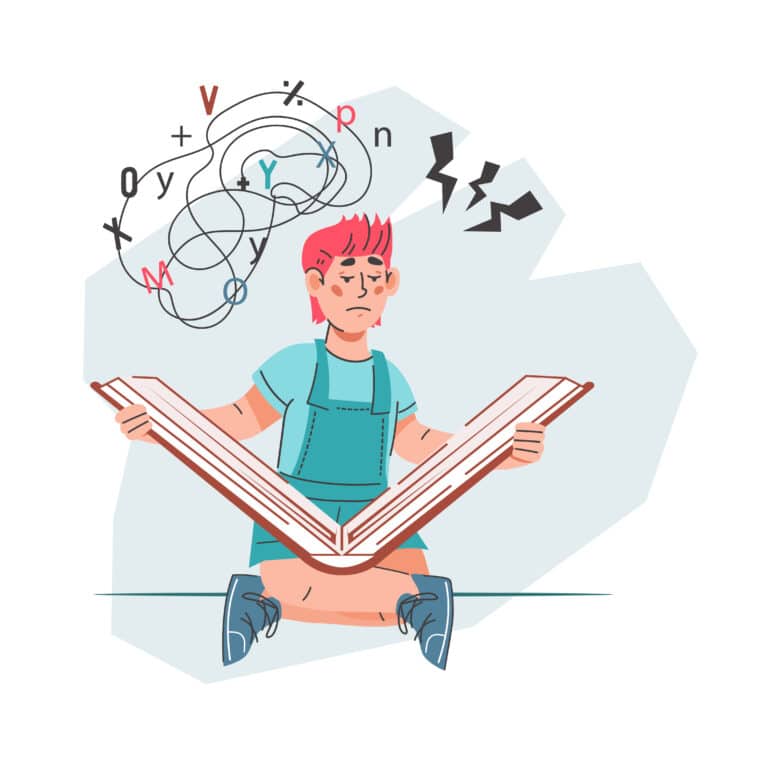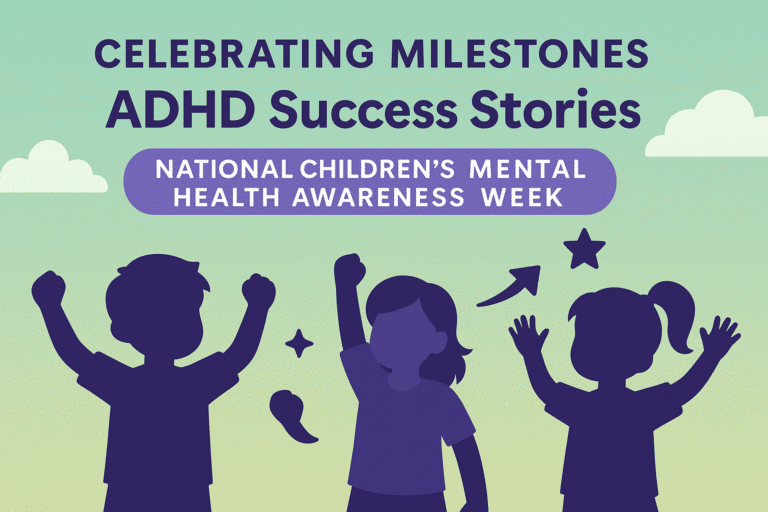Attention Deficit Disorder, commonly referred to as ADD, is a subtype of Attention Deficit Hyperactivity Disorder (ADHD) primarily marked by persistent inattention rather than hyperactivity or impulsivity. Although ADD is often seen in children, it also affects adults, presenting unique challenges across various life stages. Unlike the hyperactive subtype, individuals with ADD typically struggle with focus, organization, and time management but may not display outwardly disruptive behaviors.
Core Symptoms of ADD (Attention Deficit Disorder)
ADD, as a form of ADHD, is characterized by symptoms of inattention that impact daily functioning and quality of life. These symptoms must be observed for at least six months, show greater severity than typical developmental behavior, and lead to difficulties in social, academic, or occupational environments.
Signs of Inattention in ADD
Individuals with ADD often experience a range of symptoms related to attention and focus, including:
- Difficulty sustaining attention during tasks or recreational activities, which may lead to incomplete assignments or unfulfilled responsibilities.
- Careless mistakes in schoolwork, work tasks, or other activities due to missed details.
- Trouble organizing tasks and activities, such as managing time effectively or keeping workspaces orderly.
- Avoidance of mentally demanding tasks like long reading assignments or projects requiring sustained focus.
- Frequent loss of items necessary for daily activities, such as keys, paperwork, or cell phones.
- Easily distracted by external stimuli or unrelated thoughts, interrupting focus and productivity.
- Forgetfulness in daily activities, affecting tasks from routine errands to crucial responsibilities.
These symptoms of inattention may often appear as “daydreaming” or a lack of engagement, which can be misunderstood by others as a lack of effort or interest. However, for people with ADD, these behaviors stem from neurological factors affecting their ability to stay focused and organized.
ADD Symptoms in Different Age Groups
ADD symptoms manifest differently across age groups:
- Children with ADD may struggle in school, appearing unengaged or frequently missing details in assignments. They may also avoid activities requiring prolonged focus, leading to difficulties completing tasks or following instructions.
- Adults with ADD may experience challenges in work settings, such as meeting deadlines, managing time, and organizing daily responsibilities. They might also face persistent struggles in personal relationships due to forgetfulness, distraction, or failure to follow through on commitments.
Diagnosis and Evaluation of ADD
Diagnosing ADD involves a comprehensive evaluation by a mental health professional, who assesses symptoms against the criteria in the Diagnostic and Statistical Manual of Mental Disorders (DSM). An ADD diagnosis considers the persistence and impact of symptoms on a person’s functioning across various areas of life. Observations from family members, teachers, or colleagues can help evaluate how ADD symptoms affect different aspects of daily activities.
ADD, as part of ADHD, may be misinterpreted as laziness or lack of motivation due to its subtle presentation. Proper diagnosis helps differentiate ADD from other mental health conditions, such as anxiety disorders or mood disorders, ensuring individuals receive the appropriate support and resources to manage symptoms effectively.
Managing and Treating ADD Symptoms
Managing ADD often includes a combination of behavioral therapy, lifestyle modifications, and, in some cases, medication. Cognitive Behavioral Therapy (CBT) can help individuals develop strategies for organizing tasks and managing time, while Psychodynamic Psychotherapy can explore underlying emotional patterns and family dynamics that contribute to symptoms. Medication may also be recommended to improve focus and reduce inattentive behaviors.
Conclusion: Path to Effective ADD Support
ADD is a lifelong developmental disorder that requires understanding, support, and, in many cases, tailored intervention. Recognizing the unique challenges associated with ADD can pave the way for effective management and an improved quality of life. Pathformers is dedicated to providing resources, guidance, and community support for individuals and families navigating ADD and ADHD, helping them find the tools they need to thrive.








